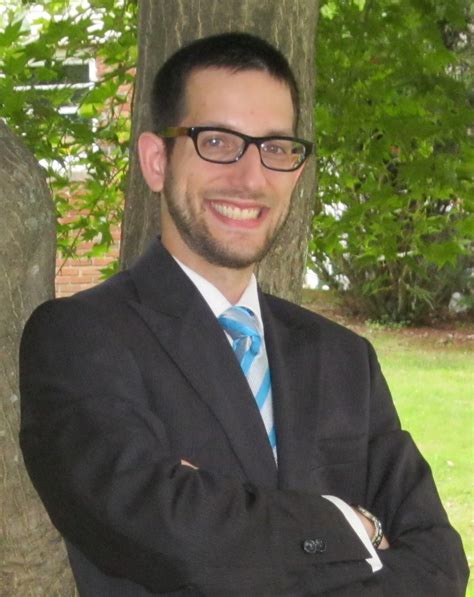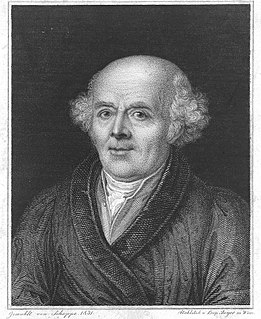A Quote by Charles Frazier
Disease is nature's revenge for our destructiveness.
Quote Topics
Related Quotes
Nurture your felt love for nature. Never deny it. That love is the eons, the purifying intelligence, beauty and diversity of nature sustaining us in its perfection. Our disconnection from this love and its advice produces our hurt, greed and destructiveness. We must reconnect and restore its peaceful voice in our thoughts, soul and surroundings.
Don't separate the mind from the body. Don't separate even character - you can't. Our unit of existence is a body, a physical, tangible, sensate entity with perceptions and reactions that express it and form it simultaneously. Disease is one of our languages. Doctors understand what disease has to say about itself. It's up to the person with the disease to understand what the disease has to say to her.
Every effective drug provokes in the human body a sort of disease of its own, and the stronger the drug, the more characteristic, and the more marked and more violent the disease. We should imitate nature, which sometimes cures a chronic affliction with another supervening disease, and prescribe for the illness we wish to cure, especially if chronic, a drug with power to provoke another, artificial disease, as similar as possible, and the former disease will be cured: fight like with like.






































